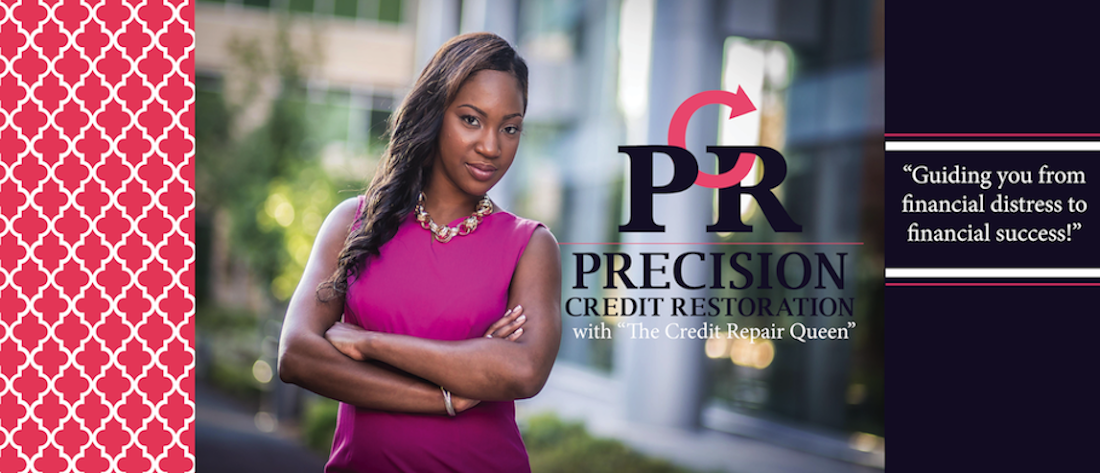Medical debt affects millions of households around the
country and can often be debilitating on the quality of life for those
struggling to pay off medical debt while still managing the household and all
the expense of raising a family. There are ways to work around your medical
debt that will pay off the debt as well as protect your credit rating and
score. To find a way to dealing with medical debt before it goes into extreme
financial consequences, like garnishments and collections, you should consider
the possibilities of debt negotiation and other credit counseling services.
Debt negotiation is a form of debt management that allows
you, or a representative for you, to negotiate with your medical creditors for
a lower pay off amount, lower monthly payments or lower interest rates. The art
of debt negotiation can be learned and you can take control of your own medical
debt or if you feel unconfident about the process there are credit counseling
organizations who can negotiate your medical debts for you.
Before you start calling your medical creditors, you need to
have a handle on all your medical debt to know how much you owe to whom and
what the terms of the loan or account are. To know this you need to make a list
of your medical debts with the following information: creditor, creditor
contact information, amount of the debt, monthly payments, and interest rate.
Highlight the interest rate and balance for each debt, these two items will be
your main bargaining chips when you call.
There are a few key things to know before calling to
negotiate your debt. You must speak with someone who is authorized to negotiate
or make changes to your account. If you only speak to the first person who
answers or a customer account representative, then you are wasting your time
and potential negotiating power in the future. Specifically ask for someone who
can negotiate your account and wait until the right person is found. The best
negotiation you can use is offering a lump sum payoff to pay the account off at
a lower rate than the current balance. If you have money to work with, this is
your best course of action and can work great with medical bills. While, the
creditor will be losing out on potential interest, they will be getting a
guaranteed payment.
If you are unable to convince the creditor to take a
settlement amount, the next best thing is to talk down the interest rate. This
can save you hundreds, even thousands, off the life of the loan depending on
the amount and length of the initial loan. Both of these methods can be
extremely powerful ways to handle medical debt and should be considered before
taking a more extreme approach, like bankruptcy
Don’t let a history of bad debt keep you from having the
things you want or need. There are
answers to your bad debt problems.
If you’re
interested in taking action and improving your credit status to get approved
for better credit cards with lower interest rates, then
download our Credit Repair Swipe File, which consists of over 20 proven
dispute letters to remove negative, inaccurate information from your credit
report. Just copy of and paste, and
input your contact information and watch the negative items fall off your credit
reports. You have nothing to lose, it’s
absolutely FREE.






